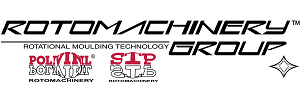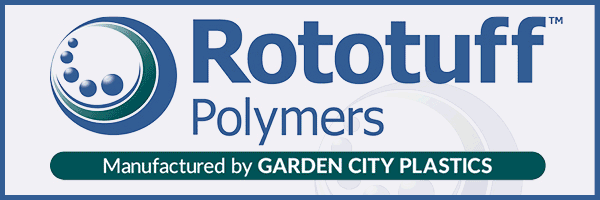Working With Rotomoulders
If you have a product you would like manufactured by rotational moulding there are some simple steps to help you get the most out of the consultation process with your manufacturer. We have included some FAQ’s here to help you:
Do I need to use a professional designer?
Not always. Some rotational moulding companies have in house design staff; others have strong partnerships within the professional design industry that you can utilize. Rotational moulding design is a highly specialist area and using a designer who is knowledgeable about the process could save you thousands of dollars in mould design fabrication and manufacturing.
How far along with my product development should I be before I talk to someone?
You don’t need a fully realised design to begin speaking to manufacturers; in fact they can often provide feedback and tips that are specialist to the process to improve your design by eliminating fabrication or simplifying the design. It’s always better to speak with moulders early in the process to ensure you don’t waste time and money.
Why do quotes vary from moulder to moulder?
ARMA recommends you obtain 3 quotes from moulders during the development process. Remember it shouldn’t only be about price and what seems too good to be true usually is. If there is a substantial difference in pricing always ask the company what their price includes. You may find one company has factored in a realistic price for warranty service for example and another hasn’t included anything. There may be several excellent reasons for variations in different quotes to help you compare them accurately ARMA has a guide on working with moulders which you can Download.
Should I ask for a contract to supply?
ARMA recommends you only proceed when you have a written contract to supply which includes all the details of your project. ARMA members will have their own contract or can access the recommended contract through the association. As a guide your contract should include the amount of items to be made how much you have agreed to pay if the articles will be guaranteed to be fit for purpose if they include a warranty and who will be responsible for warranty claims. You can contact ARMA for a copy of a contract template if your moulder doesn’t have one or download an example here.Contract to Supply & Conditions Template
What if I am buying a load of containers or other products from a manufacturer?
Even if you are buying products out of the stock held by a rotational moulder you should have a contract that specifically details who will be responsible for honouring any manufacturer’s or “voluntary” warranty on the products.
Can I ask for product insurance or take it out myself?
It’s an unfortunate reality that in business today not everyone will survive in the long term. If you have decided to offer an additional warranty (voluntary warranty) to sell your products you may want to ask your moulder or your insurer about product insurance. This will protect you from claims should your manufacturer go out of business before any additional warranty period has expired.
What if something goes wrong with the product?
The legal implications of failure will differ depending on where your company is based. In some areas (such as New South Wales) the warranty liability remains with the retailer of the product not the manufacturer. In other areas this may not be the case but the best way to ensure everyone is clear about what will happen if a product does fail is for the details of this to be included in your contract to supply. ARMA recommends you take independent legal advice before you agree to or sign any legal document to be sure you understand the risks.
Regardless of which country or area in which you operate it is a business owner’s responsibility to ensure they are aware of and comply with all relevant legislation in relation to the products they sell and the statements they make to get that sale.







